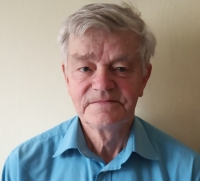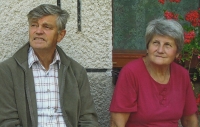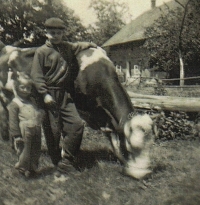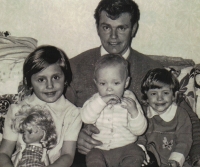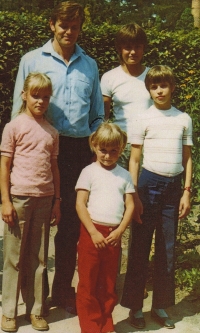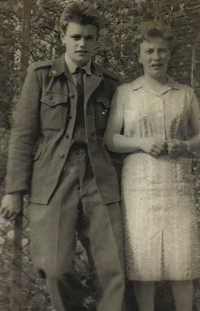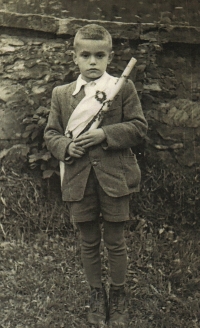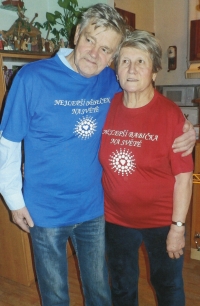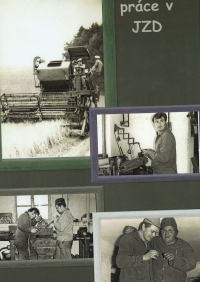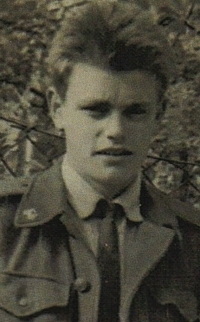We hitched the pram with handicapped sister onto cows and went to the field

Download image
Josef Tejkl was born on July 29th 1944 in Bystřec near Jablonné nad Orlicí. His father Vincenc Tejkl (1897-1955) went through the World War I and died when his son was 11 years old, in 1955. After that his mother Anna, née Uhrová (1908-1972), maintained their family farm alone with children. Because they were destroyed through supplies which were impossible for them to fulfil, they joined the united agricultural cooperative (JZD) in 1956. Josef Tejkl experienced the impact of forced collectivization of agriculture in the 1950s in Bystřec, including forced eviction of three families. He had an older sister Marie (1940-2016), and twin sisters Ludmila and Anna who died at a young age. Right after finishing elementary school Josef Tejkl started working in JZD and stayed there till his retirement in 2006. His whole life he worked as a professional driver and he even drove motor vehicles in his compulsory military service in 1962-1964. In 1971 he married Marie Grunwaldová from Bystřec and they had four daughters. In June 1976 he was drafted to a military exercise and spent few days in the military area in Brdy. The witness was in contact with his wife’s half-uncle, a military chaplain Hugo Vaníček, S.J. (1906-1995).
